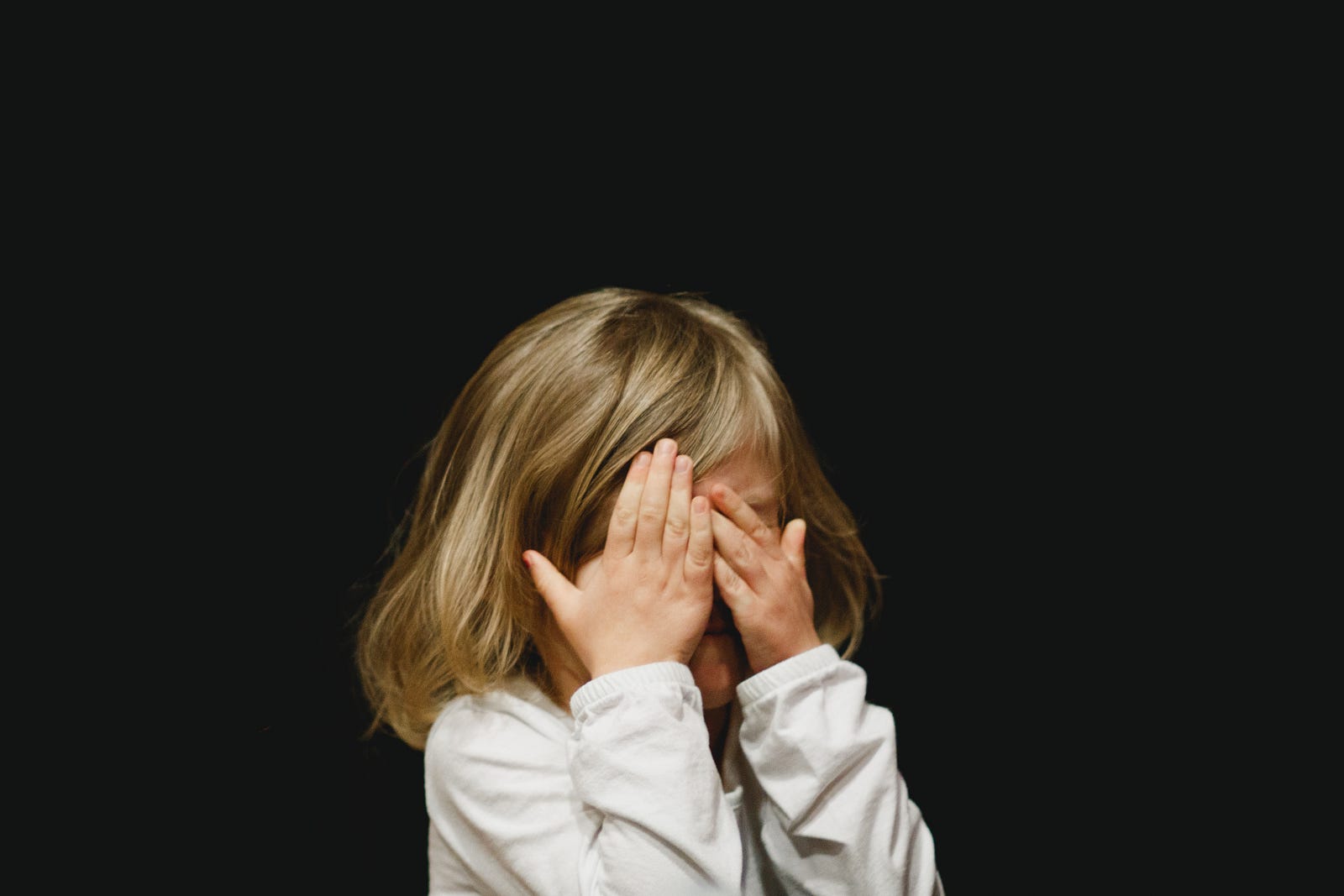Who cares what others think?
We tell ourselves that we shouldn’t care so much, and yet, when it comes time to express our desires or share our most profound feelings, shame and fear of judgment can overwhelm us.
It’s often the case that we are our own harshest critics. We get so scared of being shamed or embarrassed that we restrain ourselves from any action we believe could bring it upon us.
What we often do is to actively prevent ourselves from feeling ashamed by not doing anything that could cause us shame, or trying to conceal any of our guilt-ridden actions — no matter how much we desire them.
Shame is a powerful form of conformity and keeping the status quo; if we anticipate the possibility of embarrassment, we abstain from taking action. The result is: we don’t stand out — we conform.
Put simply, we keep a lid on ourselves. We feel unworthy of expression. Believing what we have to share is inadequate, we end up neglecting ourselves.
“The difference between guilt and shame is very clear — in theory. We feel guilty for what we do. We feel shame for what we are.” Lewsis B. Smedes
The result is we only share the “nice” things. Everything is carefully wrapped and curated; perfect presents and amazing social media posts. We only let something out if it’s guaranteed to be well received, rather than sharing for the sheer joy of giving or self-expression.
Forever in our minds, never in our hearts.
Consequently, in shame we keep parts of ourselves hidden, unable to be proud of who we are, and of seeing ourselves as worthy.
Perfectionism can look like a powerful shield, shielding us from potential feelings of shame and embarrassment. But in reality, it’s an extension of our ego. It shows as too much self-criticism, making it difficult for us to create that dream project or work on that cool idea.
“Perfectionism is a self-destructive and addictive belief system that fuels this primary thought: If I look perfect, and do everything perfectly, I can avoid or minimize the painful feelings of shame, judgment, and blame.” Brené Brown
When we let shame run the show, we can’t live from our hearts. Is there anything more worthy of being shared than what comes from a place of authentic love and joy?
It is about us not shying away from being ourselves. Of having faith in ourselves and trusting our hearts.
“Don’t ask what the world needs. Ask what makes you come alive, and go do it. Because what the world needs is people who have come alive.” Howard Thurman
But isn’t there a good side to shame?
Does shame still exist when there is nobody else around to witness our actions?
This question is explored in Saramago’s Nobel Prize-winning book Blindness. In a world where everyone loses their sight, can we still be held accountable for our choices if no one can see what we do? What could stop us from committing the most horrendous acts? Don’t we need shame?
The book highlights the darker aspects of being human, the base nature that we contain with shame forced onto us by society. It could be said that this shame has a positive effect since it keeps us in line.
“Even when we do wrong, accountability is helpful, compassion is helpful, apology and forgiveness are helpful, but shame is not.” Debra Campbell
Is shame the most effective way of maintaining order in society?
I would say no, since it’s a tool based on fear, humiliation, and guilt rather than love, connection, and care.
Love is consciousness. When there is consciousness, there is no need of fear. From consciousness, we know what we are to take care of.
We can be honest with each other out of love, instead of lying or feeling embarrassed. We can show self-control and self-compassion when it comes to food, rather than acting as if we hadn’t done anything. We can choose not to engage in violence or anger, embracing respect and understanding instead.
I know, high stakes, yet the transformation begins within yourself.
How to work around shame?
When our hearts are whole and healthy, we can express our deepest selves. However, when shame sets in, we become stuck in a cycle of self-judgment and emotional paralysis. We keep ourselves from feeling and sharing love, yet still find ourselves wanting more love in the world. It’s a strange reality!
“Shame is a soul eating emotion.” Carl Jung
Have you noticed those people who are so full of life and joy, open, and expressive? Perhaps they’re simply giving themselves permission to be. The more we allow giving and receiving, things in and out of us, no holding back, no grudges, the more life circulates through us.
This is an open heart. Giving, and receiving. There is no shame in your heart, and the way to overcome shame is to live more from your heart.
Listen to it. Trust it. Follow it.
“If you can do nothing else, do whatever is in your power to make the people in your life feel completely unashamed of who they are.” Sam Killermann
Final Words
It’s interesting that in the Bible we are expelled from paradise the second we start to feel embarrassed by our own bodies. Who can say how long we were able to move freely and without any issues, both with ourselves and God?
Clearly, being unclothed was not the problem. The issue was becoming aware that there was something to be ashamed of. This means judging ourselves and giving away our authority to others, given what we believe someone else would judge.
The moment we feel shame, we are by default judging and diminishing ourselves, and giving our power away to others. Hence, we leave our godhood behind.
Those who feel shame can never embody the fullness of their being and their own divinity, as they have disempowered themselves.
“Soul, if you want to learn secrets,
your heart must forget about
shame and dignity.
You are God’s lover,
yet you worry
what people
are saying.”
Rumi

Connect to Your Heart
A 45-min masterclass, full of practices, knowledge, and tools for you to connect to your own heart. Listen. Trust. Follow.
